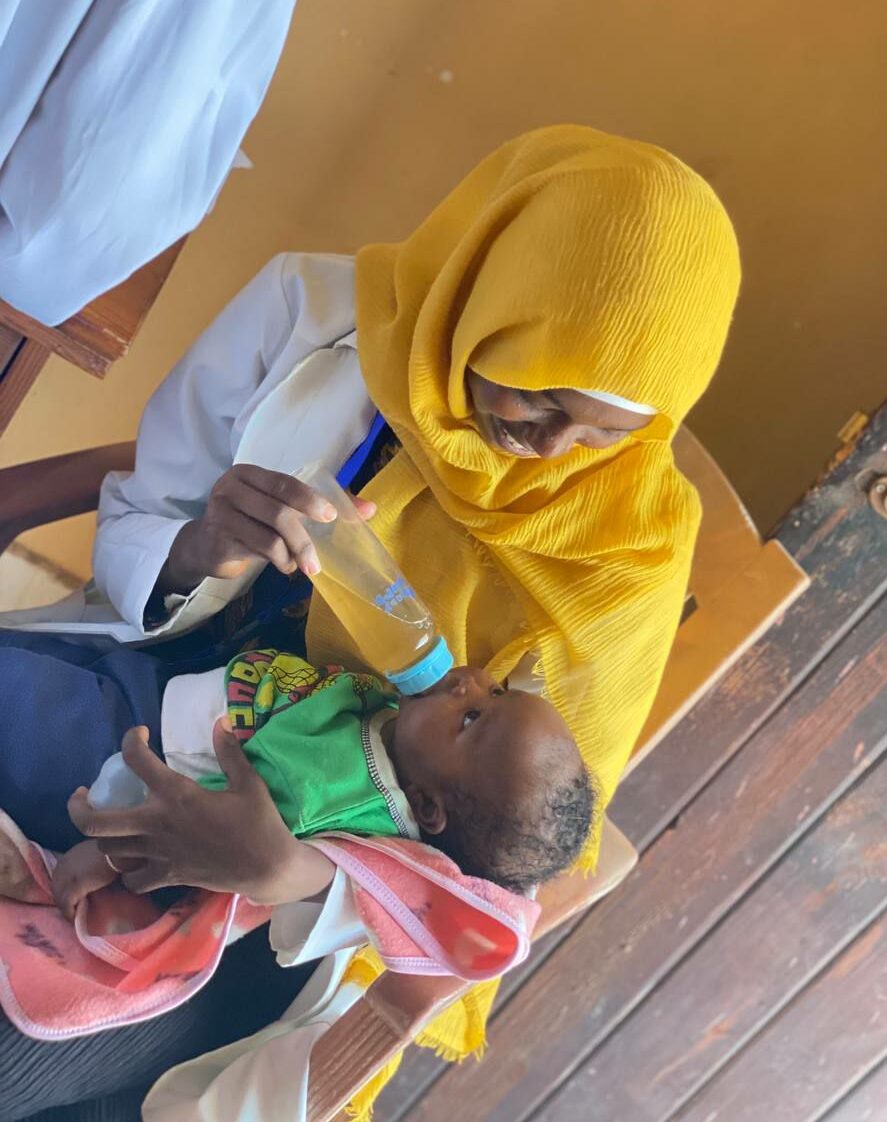GET TO KNOW US
HIGHLIGHTS
MEDIA
GET INVOLVED

REGIONS
INTERNATIONAL
CORE is working with local communities to provide vital humanitarian relief to those most impacted by the ongoing conflict in Sudan.
Help empower communities in crisis.
CORE’s response to the conflict in Sudan and crises across the globe are made possible by your generosity. Together, we can support those who need it most.
Emergency Relief | 2023 – NOW
What caused the humanitarian crisis in Sudan?
In April 2023, the alliance between the Sudan Armed Forces (SAF) and Rapid Support Forces (RSF) collapsed into violence. The conflict rapidly spread across the country, resulting in widespread displacement, death, injury, and destruction.
One year into the crisis, nearly 9 million people have fled their homes, marking the largest displacement crisis in the world. According to UN Women, 53 per cent of those internally displaced are women and girls. Critical infrastructure, including roads, power, medical facilities, water and communications systems have been destroyed, exacerbating the dire crisis and severely impeding the ability of responders to reach those most impacted with vital relief. The threat of acute famine is imminent, and nearly 25 million people—almost half the Sudanese population—need urgent humanitarian assistance.
Given the scope and severity of the ongoing humanitarian crisis, local organizations and volunteers have been largely leading their own humanitarian response, serving as the first line of relief for impacted Sudanese communities.
What are the ongoing needs of conflict-affected communities in Sudan?

How is CORE helping support those impacted by the 2023 conflict in Sudan?
Immediately after the conflict erupted, CORE launched a response in partnership with two local Sudanese NGOs, NIDAA and SuDRO, to empower Emergency Response Rooms and Women’s Response Rooms and provide lifesaving assistance for those affected by the conflict.
Through our local partners, CORE is delivering multipurpose cash assistance (MPCA) to conflict-affected households to meet basic needs such as food, hygiene items, medicine, rent, communications, and other needs. We are providing additional nutrition vouchers for pregnant/lactating women, infants, and children, as well as vouchers to procure healthcare services such as prescription drugs for chronic illness.
CORE and NIDAA are also supporting Emergency and Women’s Response Rooms across Sudan to address the nutrition, protection, psychosocial, sexual and reproductive health, and health needs of women and children. These Response Rooms provide lifesaving services including the safe relocation of survivors of gender-based violence, transfer of pregnant women to ensure safe births/deliveries, and access to safe spaces and communal kitchens. Our support enables these rooms to continue conducting their vital programming, while expanding their capacity to provide more services for vulnerable women and children.
CORE will continue to look at where we can make the most impact and expand our outreach as needed. Community mobilization within Sudan is critical and we’re working on reaching the most vulnerable communities as the conflict continues.
GET TO KNOW US
HIGHLIGHTS
MEDIA
GET INVOLVED

REGIONS
INTERNATIONAL

CORE is a charitable 501(c)(3) nonprofit organization. Federal tax ID: 27-1703237.
© 2023 | CORE – Community Organized Relief Effort | +1 (323) 934 4400
910 N Hill St Los Angeles, CA 90012
JOIN OUR MAILING LIST
Get the latest about CORE’s programs, global crisis responses, and how you can empower communities worldwide.